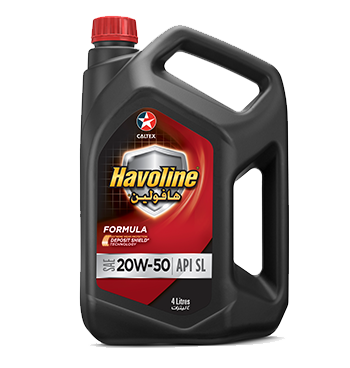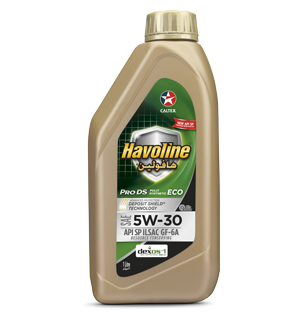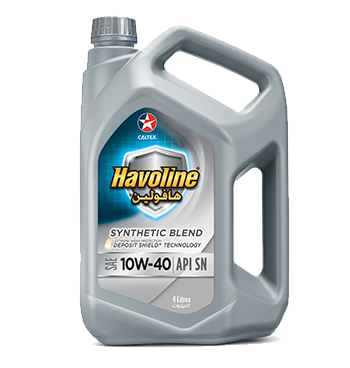The Ultimate Guide to Engine Oils:
Which One is Right for Your Car?


Engine oil might not be the most glamorous topic, but it’s one of the most important aspects of vehicle maintenance. Think of it as the unsung hero that keeps your engine running smoothly, reduces friction, and prevents wear and tear. With so many options available, choosing the right type of engine oil can feel overwhelming. A modern, high-performance vehicle manufacturer may specify a fully synthetic oil, while an older, low-performance vehicle manufacturer may recommend a mineral oil. To simplify things, let’s break down the three main types of engine oils: conventional, synthetic, and synthetic blend. By understanding their uses, advantages, and disadvantages, you’ll be able to make an informed decision for your vehicle.
1. Conventional Engine Oil
Conventional engine oil is the most basic type of motor oil, refined directly from crude oil. It’s been around for decades and remains a popular choice for many drivers.
When to Use Conventional Oil
Conventional oil is 100% mineral oil that is obtained by refining crude oil and is best suited for older vehicles. It’s also a good choice for cars with low to average mileage, particularly for standard vehicles that do not require high-performance engine protection. If you stick to regular oil change intervals, conventional oil is a reliable and cost-effective option. However, it’s not ideal for severe driving conditions or high-performance engines. To further explain, if you live in an area with a cooler climate, conventional oil will tend to thicken and not lubricate the engine well. This thicker oil takes longer to circulate through the engine, potentially leading to reduced lubrication during cold starts, which can cause increased friction and wear on engine components. Similarly, in a hotter climate, conventional oil will tend to break down faster and need more oil changes to maintain engine protection.
Advantages:
- Affordable: It’s the least expensive type of engine oil.
- Widely available: You can find it at virtually any gas station or auto shop.
- Sufficient for basic engines: Works well for older or less complex engines that don’t need high-performance lubrication.
Havoline Formula SAE 20W-50
2. Fully Synthetic Engine Oil
Synthetic engine oil is engineered in a lab to provide superior performance and protection compared to conventional oil. It’s designed to meet the demands of modern, high-performance engines and offers outstanding protection against sludge and deposit buildup as well as wear and tear.
When to Use Synthetic Oil
Synthetic oil is ideal for high-performance, or turbocharged vehicles that require advanced lubrication. It’s also highly recommended for severe driving conditions, such as very hot summers or freezing winters, where conventional oil might struggle to perform. Additionally, synthetic oil is an excellent choice for vehicles with high mileage, as it provides extra protection to keep the engine running smoothly. While it is a bit pricier, it is worth it if you have a high-performance engine and want to extend the time between oil changes and improve fuel efficiency, synthetic oil is the way to go.
Advantages:
- Superior protection: Reduces engine wear and tear more effectively than conventional oil.
- Longer lifespan: Lasts longer between oil changes, saving you time and money in the long run.
- Improved fuel efficiency: Reduces friction, which can potentially lead to better gas mileage.
- Excellent performance in different climates: Works well in both hot and cold climates.
Havoline ProDS Fully Synthetic ECO SAE 5W-30
3. Synthetic Blend Oil
Synthetic blend oil combines conventional and synthetic oils, offering a middle ground between performance of synthetic oil and affordability of conventional oil.
When to Use Synthetic Blend Oil
Synthetic blend oil is perfect for drivers who want better performance than conventional oil but aren’t ready to invest in full synthetic. It’s particularly well-suited for vehicles that operate under moderate to heavy loads. If you live in an area with fluctuating temperatures and need an oil that can handle varying driving conditions without the premium price tag of full synthetic, a synthetic blend is an excellent choice.
Advantages:
- Better performance than conventional oil: Offers improved protection and durability.
- More affordable than full synthetic: A cost-effective option for drivers who want some of the benefits of synthetic oil.
- Versatile: Performs well in a range of temperatures and driving conditions.
Havoline Synthetic Blend SAE 10W-40
Engine oil plays a crucial role in keeping your car’s engine healthy and performing at its best. Whether you choose conventional, synthetic, or synthetic blend oil, the most important thing is to stick to regular oil change intervals and use the type of oil that’s best suited for your vehicle. By doing so, you’ll extend the life of your engine and enjoy a smoother, more reliable driving experience. Your owner’s manual will tell you which type and grade of oil the manufacturer recommends for your vehicle. At Caltex Lubricants, we’ve made choosing the recommended oils easy with our Product Selector tool. For high-quality lubricants that deliver exceptional performance and protection, choose Caltex lubricants. Designed to meet the needs of modern engines and driving conditions, Caltex offers a range of products that keep your engine running at its peak, no matter the road ahead.
































